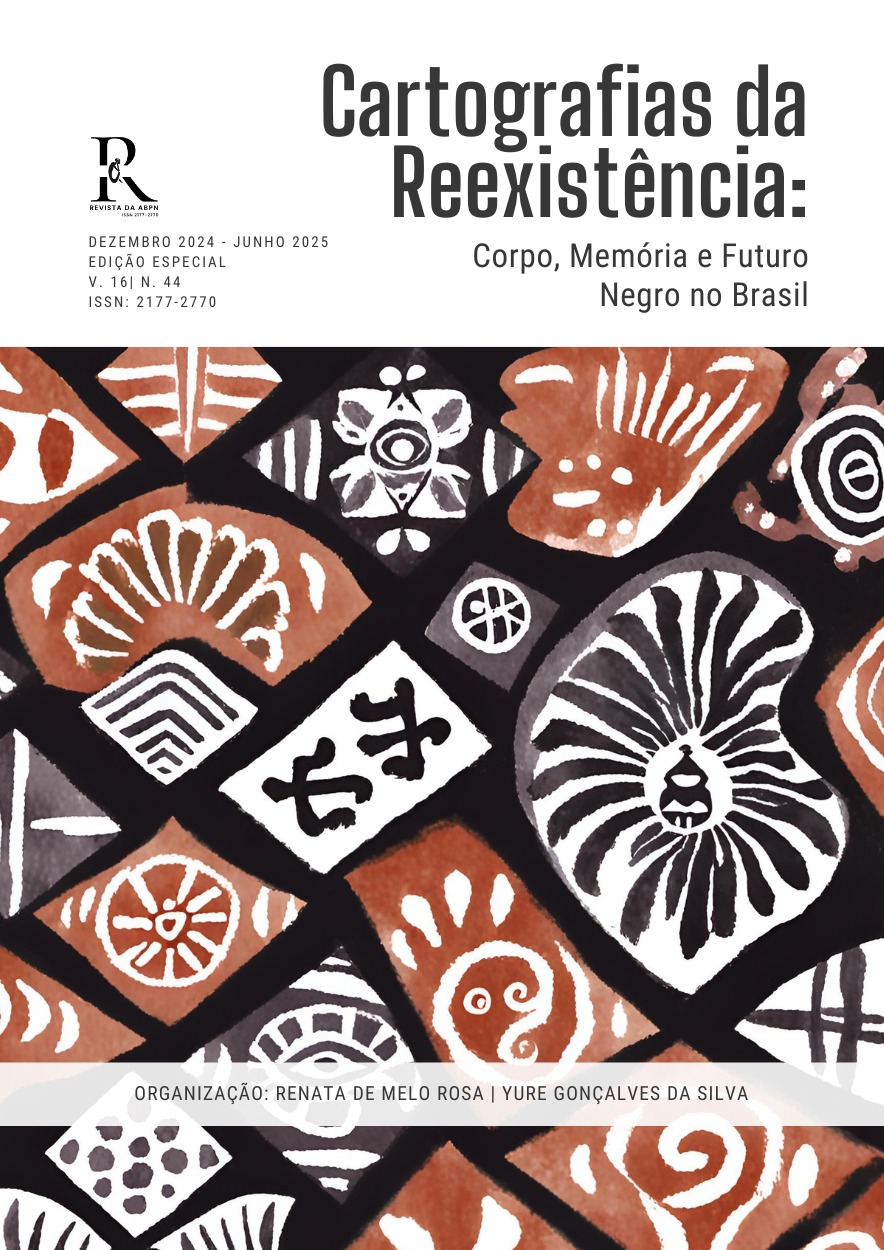THE BLACK POPULATION USERS OF MENTAL HEALTH POLICY IN THE CITY OF CAMPOS DOS GOYTACAZES-RJ
Main Article Content
Abstract
Historically, people considered “crazy” are dehumanized and have their lives confined by a model of society that places these people in an asylum. In contrast to this model, the Brazilian Psychiatric Reform, still ongoing, is a process that involves advances in mental health policy in an attempt to humanize and transform the social place of diversity, leading strategies for the construction of a psychosocial care network multi-professional and territorial-based. This article proposes a concise analysis of the black population using the Mental Health Policy and its relationship with the city of Campos dos Goytacazes- RJ. To this end, we seek an interdisciplinary dialogue in order to consider the historical-social construction of mental health treatment and the remnants of the asylum model in the configuration of urban space. In this sense, we used a qualitative research approach, structured based on field and bibliographical research. Investigations show the predominance of black users, the late closure of asylums and the socio-spatial segregation of the city. In other words, they demonstrate that the realities experienced by these subjects expose the racist and asylum mechanisms rooted in the city of Campos dos Goytacazes. We wish to contribute to the diagnosis of mental health policies in the region and, above all, strengthen the anti-racist and anti-asylum fight.
Article Details

This work is licensed under a Creative Commons Attribution 4.0 International License.
Copyright Statement
- Authors retain copyright and grant the journal the right of first publication, with work simultaneously licensed under the Creative Commons Attribution License CC-BY 4.0 which allows the sharing of the work with acknowledgment of the authorship of the work and initial publication in this journal.
- Authors are authorized to enter into additional contracts separately for non-exclusive distribution of the version of the work published in this journal (eg, publishing in institutional repository or book chapter), with acknowledgment of authorship and initial publication in this journal.
- Authors are allowed and encouraged to post and distribute their work online (eg in institutional repositories or on their personal page) at any point before or during the editorial process, as this may lead to productive changes as well as increase impact and citation of published work (See The Effect of Free Access).



